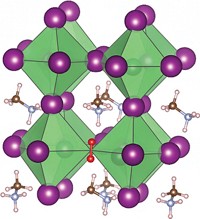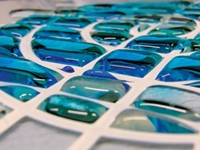Advertisement
Grab your lab coat. Let's get started
Welcome!
Welcome!
Create an account below to get 6 C&EN articles per month, receive newsletters and more - all free.
It seems this is your first time logging in online. Please enter the following information to continue.
As an ACS member you automatically get access to this site. All we need is few more details to create your reading experience.
Not you? Sign in with a different account.
Not you? Sign in with a different account.
ERROR 1
ERROR 1
ERROR 2
ERROR 2
ERROR 2
ERROR 2
ERROR 2
Password and Confirm password must match.
If you have an ACS member number, please enter it here so we can link this account to your membership. (optional)
ERROR 2
ACS values your privacy. By submitting your information, you are gaining access to C&EN and subscribing to our weekly newsletter. We use the information you provide to make your reading experience better, and we will never sell your data to third party members.
Environment
Deck Stains Seal In Contaminants
A semitransparent penetrating stain might prevent the metal and other inorganic preservatives from escaping from treated wood
by Sarah Everts
July 26, 2010
| A version of this story appeared in
Volume 88, Issue 30
When it was discovered that the chromated copper arsenate used to protect household decks from decay leached arsenic onto the wood surfaces and into the environment, a public outcry pushed industry to find alternatives, such as copper amine-based preservatives. But it is now thought that copper leaching from this wood might also hurt aquatic animals. Consequently, Mojgan Nejad and Paul Cooper of the University of Toronto decided to investigate whether adding a semitransparent penetrating stain might prevent the metal and other inorganic preservatives from escaping. The researchers applied 14 commercially available stains to deck wood and found that on average each coating prevented 60% of all inorganic preservative components from trickling out of the wood (Environ. Sci. Technol., DOI: 10.1021/es101138v). Although most of the coatings seemed to physically degrade after about a year, the protective characteristics remained throughout Nejad and Cooper’s three-year study; the wood likely retained the preservative components of the stains, or the stain somehow fixed the copper within the wood. The researchers also found that stains with high liquid viscosities and low glass transition temperatures did a better job of blocking leaching.




Join the conversation
Contact the reporter
Submit a Letter to the Editor for publication
Engage with us on Twitter